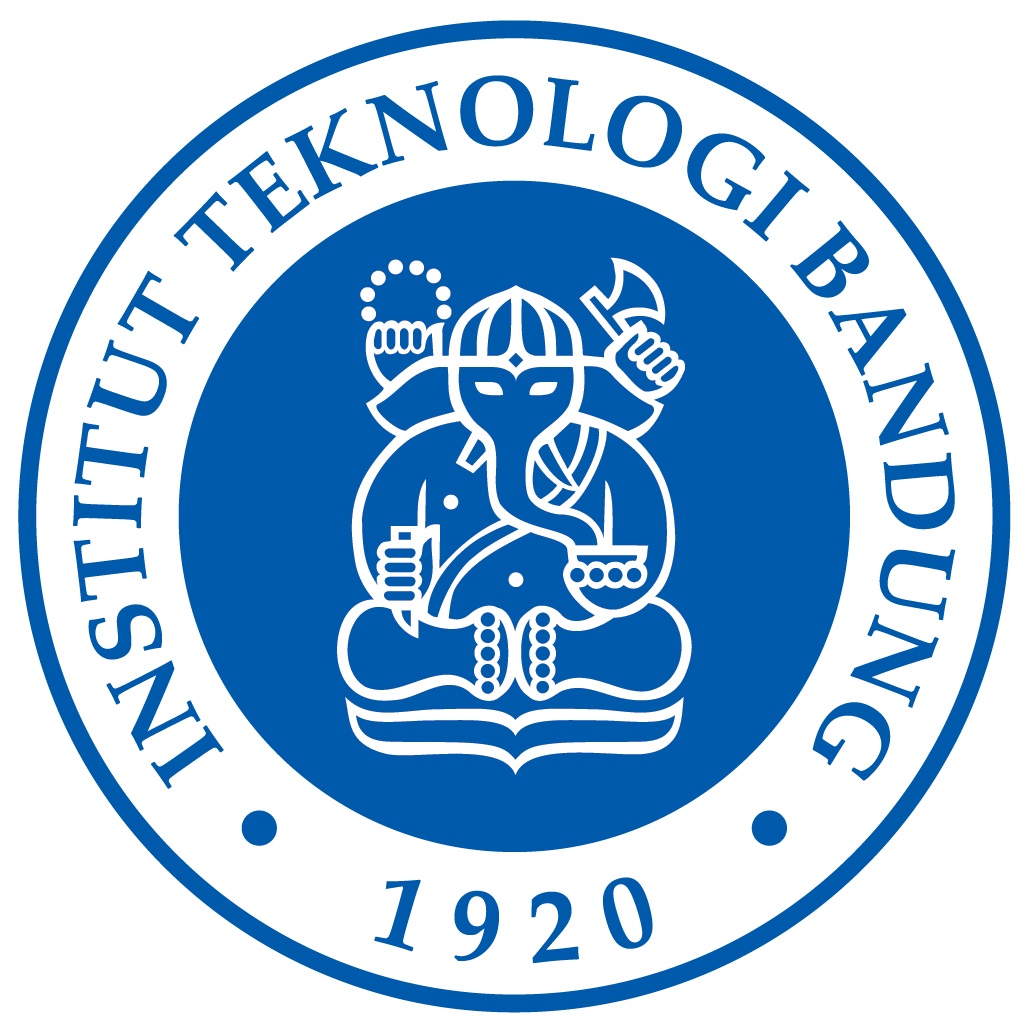

Angga Dwiartama
Kampung Sekepicung in Ciburial Village, Cimenyan Subdistrict, Bandung Regency, is a real example of peri-urban people who are pressed with development. Of the total land available in Ciburial, more than half it belongs to the private sector outside the village, and is converted gradually being a luxury hotel, restaurant and housing. Land for livelihood sources and residence of the community is increasingly limited. This has a very broad implication for community livelihoods. In 2014, the research team from SITH ITB developed an effort to anticipate ownership and transfer of community land functions, with the aim that the community can still fulfill its food needs independently. The concept of integrated agriculture on communal land, which then developed towards the Permaculture Zoning System (2014-2016 ITB PM) went well. This was followed by the enthusiasm of the residents, and the welcome from both regional leaders, including the village head of Ciburial. This process is documented by Creatitiet, an NGO that encourages the construction of Creative Thinking in community groups. However, the weakness of the agricultural system on communal land is a very dynamic land ownership status. In 2019, the integrated agricultural scheme developed on an area of 900 m2 owned by residents finally stopped because the owner of the land died, and the land was broken down based on the rules of heir. We realize that land-based agricultural schemes have a high risk to run. One thing we didn't realize was that even though the project was unsuccessful, the public awareness of the importance of agriculture continued to grow. This was proven in 2020, when the Covid19 pandemic occurred. Some members of the community in Kampung Sekepicung, who work in the informal and service sector (Café / Hotel workers), loss livelihood due to the economy. We roll out assistance in the form of basic necessities, which are caritative. On this occasion, we also provide simple assistance in the form of plant seeds and polybags to complete. This simple help was very well greeted. The main reason is because people not only need economic assistance, but also psychological support, where they can channel their time and energy to other things that are soothing. Here, we see that agriculture has multifunctionality functions, as activities for supplying food and social / psychological activities (therapeutic effects). On this basis, we argue that yard-based agriculture is an economic and social activity that can play a role as a support for the life of the community in the pandemic period. We designed this form of PM intervention through the introduction of agriculture-based agriculture in Ciburial Village. Yard-based agriculture is non (or minimal) farming agriculture, where people can utilize the yards, pages, home porches, or walls of their houses to maintain the types of vegetables that they can consume themselves or distributed for other citizens. This concept was slightly inspired by the idea of Sae's hunting developed by the West Java Provincial Government / Bandung municipal government, but has a broader goal than just the fulfillment of food security, but especially for the establishment of social security.
Publicity
. Already distributed up to 10,000 polybags of seeds to residents in RW 05, Kampung Sekepicung. A total of 40 members of the farmer group intervened to help, and more than 100 residents were enthusiastically involved in taking seeds and nurturing vegetables in their narrow home yard. The nursery center was developed, which functions not only as a nursery, but also the center of studying and discussing agriculture with residents. With the internet access RT developed from collaboration with other PM projects,